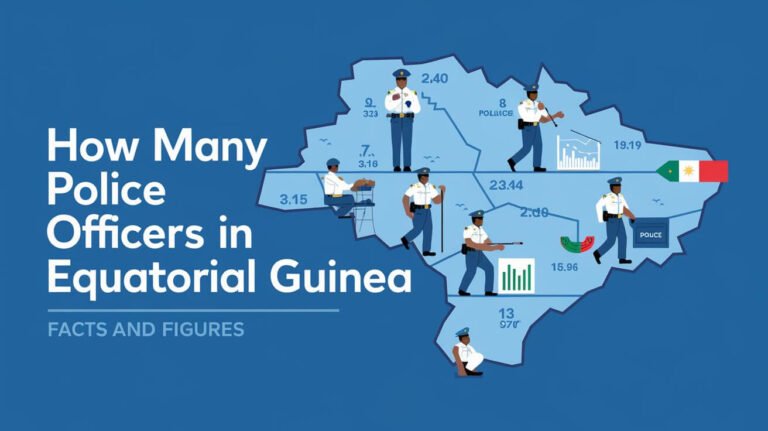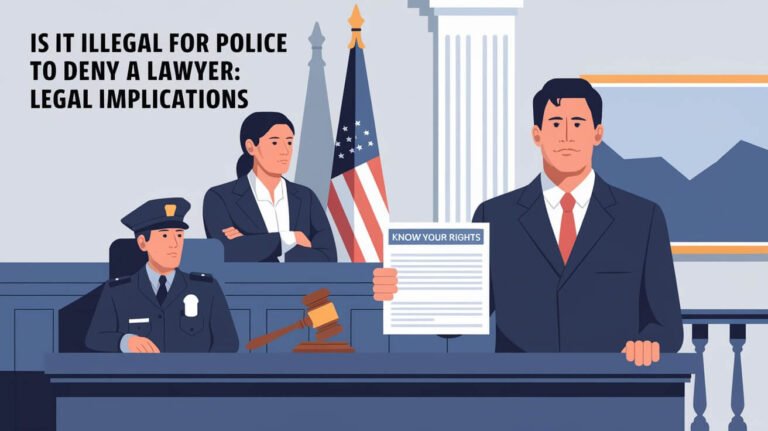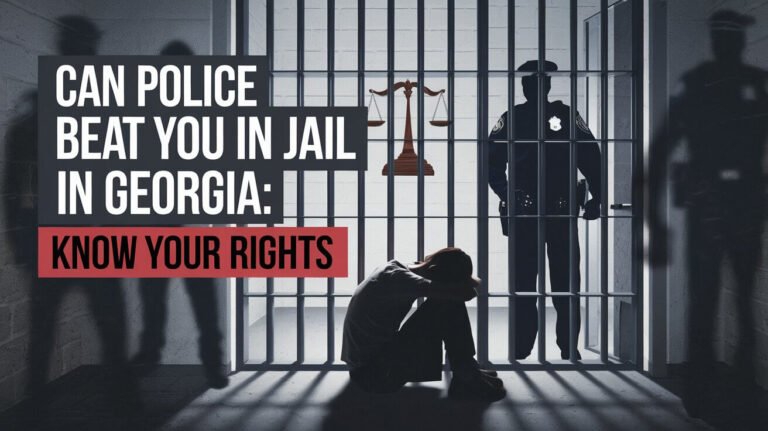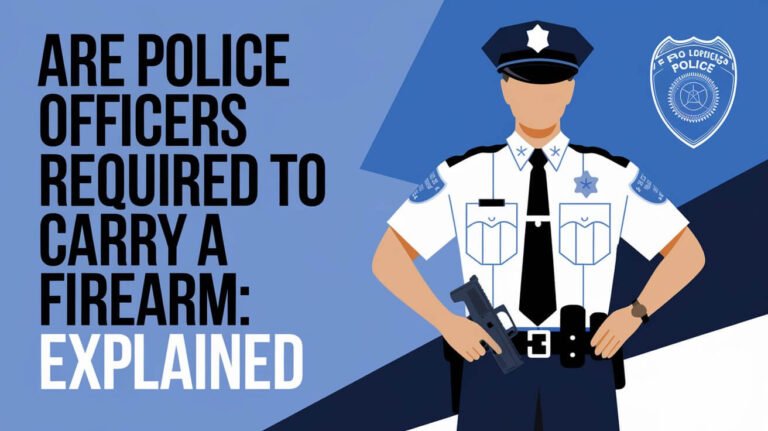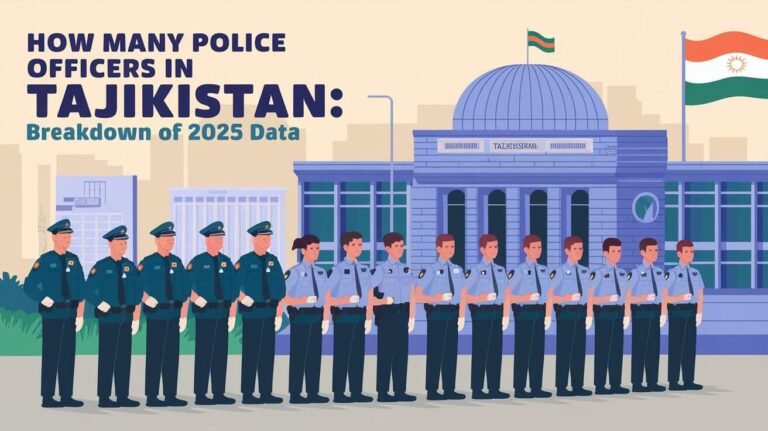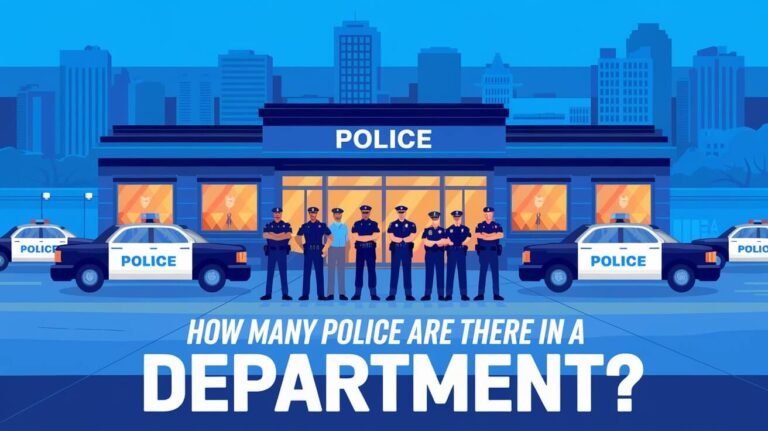Why Are Police Called Cops? The Surprising Origin Story
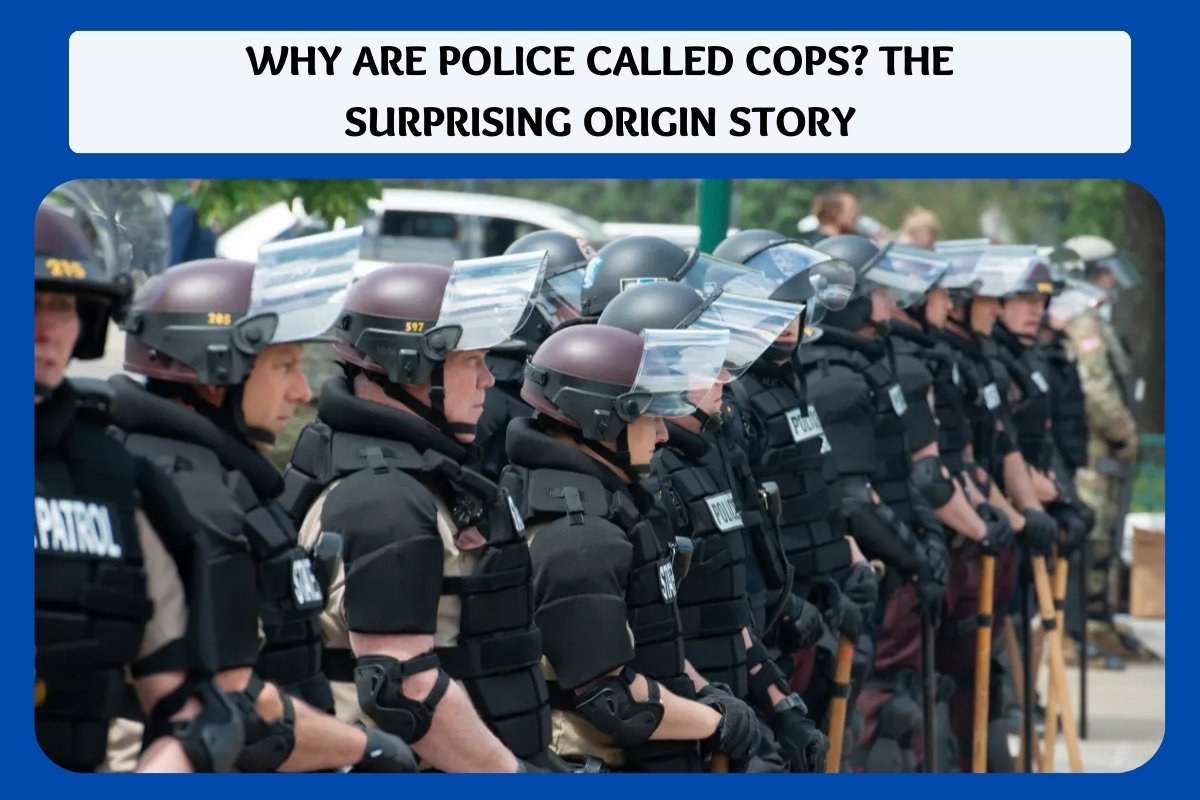
Chances are you’ve heard the word “cop” used countless times to refer to a police officer. It’s such a common slang term that it’s become ingrained in our everyday language and popular culture. But have you ever stopped to wonder where this peculiar nickname actually comes from?
The origins of the word “cop” can be traced back several centuries to old Anglo-Saxon roots. In this post, we’ll dive deep into the linguistic history behind why police are called “cops,” dispel some common myths, and explore other quirky nicknames used around the world.
Common Myths and Theories About the Word “Cop”
Before we reveal the true origins of the term, let’s take a look at some of the more fanciful theories that have been proposed over the years:
The “Constable on Patrol” Theory
One of the most widespread beliefs is that “cop” is simply an abbreviation of “constable on patrol.” While this might seem plausible on the surface, linguists largely dismiss this idea. Words rarely derive from acronyms or abbreviations in such a straightforward way.
The Copper Badges/Buttons Theory
Another popular explanation claims that police officers were once called “coppers” because of the copper badges or buttons adorning their uniforms, which eventually got shortened to “cop.” However, there’s little historical evidence that copper materials were extensively used on police uniforms or insignia.
Other Folk Etymology Explanations
You’ll also find various other pieces of “folk etymology” attempting to justify the use of “cop” – such as referring to police officers “copping” (seizing) criminals or even citizens helping “keep cops” on patrol. While creative, none of these theories hold much weight from a linguistic perspective.
Tracing the Roots – The Real Linguistic Origins
So if those fanciful tales don’t explain it, what is the true derivation of the word “cop”? To find the answer, we have to delve deep into the archives of the English language.
“Cop” as an Old English Verb Meaning “To Catch/Seize”
It all starts with the old English verb “cappen” or “coppen,” which carried meanings like “to catch,” “seize,” or “take/grab.” This root can be traced back to the Anglo-Saxon/Old Norse term “capian” from around the 7th century AD.
From Verb to Noun – How “Copper” Emerged
Over time, the form “cappen/coppen” evolved into our modern verb “cop.” And as often happens, this verb form spawned a new noun – “copper” – which came to denote someone who “copped” or caught/seized people, i.e. a law enforcement officer.
The Earliest Written Evidence of “Cop” for Police
While the slang use of “copper” for police officers is documented as early as the 1700s, the first known written instance of using the shortened “cop” dates back to 1846 in London. The Oxford English Dictionary cites this as the earliest recorded use of “cop” to mean police officer.
The Spread of “Cop” Across Britain and America
After that initial 1846 citation in London, use of the word “cop” quickly proliferated across Britain and its territories over the next few decades.
Use of “Copper” as Derogatory Slur in London
In fact, at first “copper” was primarily used as an offensive slur by London’s street criminals to denigrate the police officers pursuing them. The term was so insulting that it actually became illegal for a time to call officers “coppers.”
Copper to Cop – The Shortening in 1850s New York
When the usage spread to New York City in the 1850s, some believe criminals started carrying literal copper pieces to flash at police as an added insult. This may have contributed to “copper” morphing into its shorter American form, “cop.”
Eventual Mainstream Acceptance in 20th Century
While initially seen as derogatory, “cop” gradually became a mainstream semi-slang term for police by the early-to-mid 1900s, even being used by officers themselves in certain contexts. Its modern ubiquity shows just how far this former insult has come.
Other Ubiquitous Police Nicknames and Slang
Of course, “cop” is far from the only widely-used slang term to describe law enforcement over the decades:
“The Fuzz” and Theories Behind It
The colorful nickname “the fuzz” grew popular in the 1960s-70s counterculture. Some say it referred to the fuzzy materials in old police officers’ hats or jackets. Others claim it was inspired by the static “fuzz” from police radio frequencies.
“5-0” from Hawaii Five-O
This numeric code took off after the iconic 1968 TV series Hawaii Five-O, where “5-0” referred to the fictional Hawaiian police force (Hawaii being the 50th state). Though inaccurate for real-life, the slang stuck.
More Examples – “The Heat”, “Boys in Blue”, etc.
You’ll also frequently hear police described as “the heat,” possibly referencing their red flashing lights or armed “heat.” The timeless “boys in blue” nods to the traditional navy uniforms.
Police Lingo from Around the World
The peculiar police nicknames aren’t just limited to the United States either. Here are some amusing examples from abroad:
“Bobbies” in the UK
The quintessential British slang term “bobby” comes from Sir Robert Peel, who established London’s first modern police force in 1829. They were swiftly nicknamed “Bobbies” and sometimes “Peelers.”
Canadian “Mounties”
The iconic image of Canadian Mounties riding horses may be outdated, but the nickname persists for the Royal Canadian Mounted Police officers.
Amusing Foreign Terms Like Vietnamese “Pikachus”
In Vietnam, some cheekily refer to traffic police officers as “Pikachus” thanks to their striking yellow uniforms resembling the famous Pokemon character.
In Summary..
While it started as a derogatory London slur for catching/seizing people, the word “cop” has become the go-to colloquial term for police officers across the English-speaking world. From New York criminals’ copper taunts to Hollywood popularizing slang like “5-0,” the unique linguistic journey of “cop” reveals our complicated relationship with law enforcement over the centuries.
Despite its inauspicious beginnings, the permanent entrenchment of “cop” in our modern vernacular proves some slang simply can’t be, well…copped. It’s here to stay as one of the most ubiquitous – and fascinating – police nicknames of all time.

